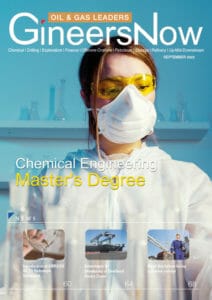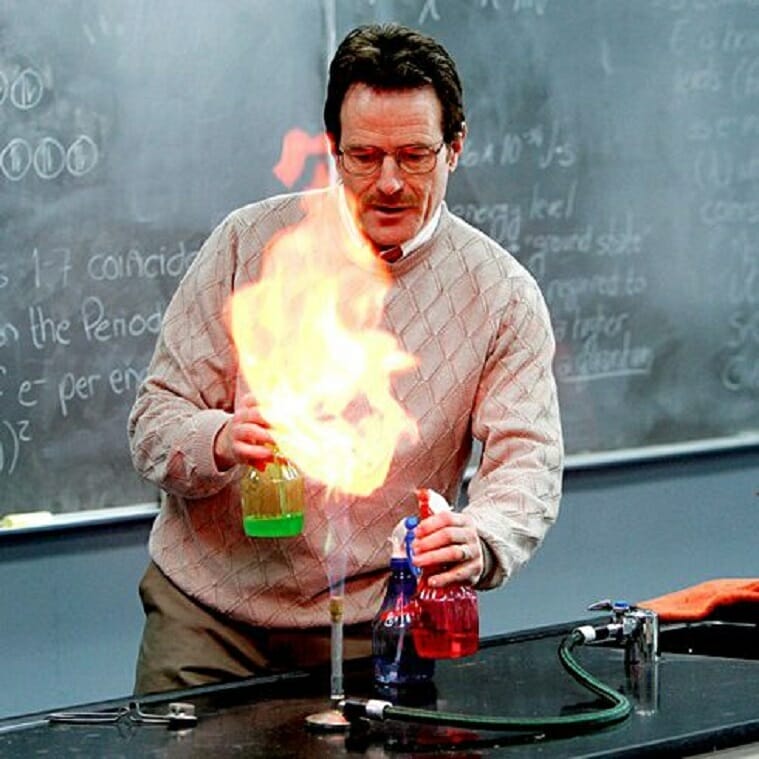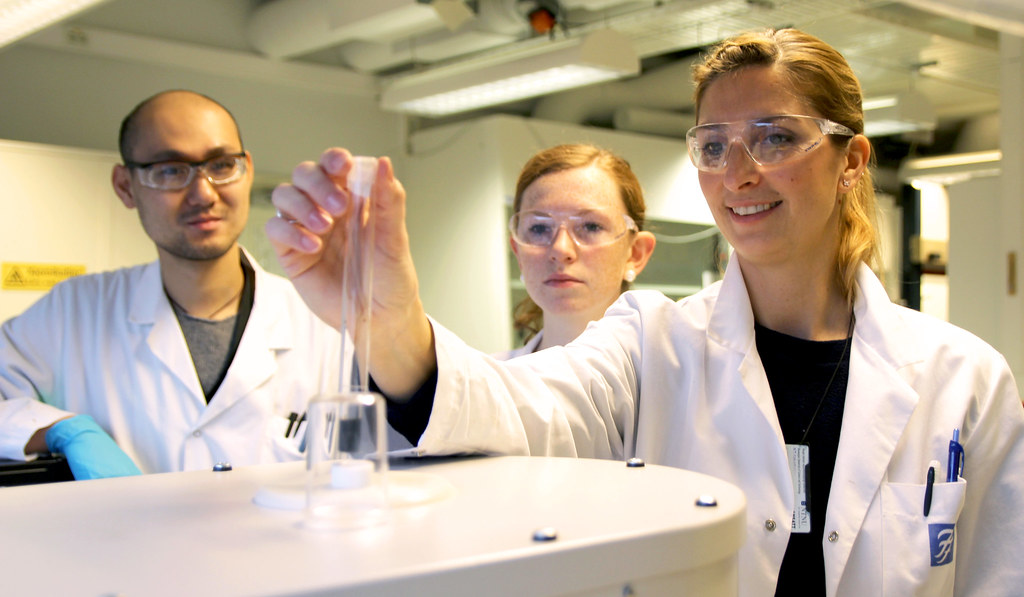Chemical engineering is an important field that helps to create many essential products and materials. A master’s program in chemical engineering can provide students with advanced knowledge and skills in the field. There are many advantages to pursuing a chemical engineering master’s degree, including the potential for higher salaries, increased job opportunities, and the ability to work in a variety of industries. Students who complete a chemical engineering master’s degree can be well-prepared for exciting and rewarding careers.
What Is Chemical Engineering?
Chemical engineering is the study of how to turn raw materials into products that are useful to society. It is a branch of engineering that deals with the design, construction, and operation of machines and plants that perform chemical reactions to produce products such as drugs, fuels, and plastics.
A typical chemical engineering curriculum includes courses in chemistry, physics, mathematics, and thermodynamics. Students also take courses in transport phenomena, process control, and kinetics. In addition to coursework, students must complete a research project or an internship before they can graduate.
Those who complete a chemical engineering program typically go on to work in the oil and gas industry, the pharmaceutical industry, or the food and beverage industry. Some also choose to pursue careers in academia or government.

The Advantages Of A Chemical Engineering Master’s Degree
There are many advantages to pursuing a chemical engineering master’s degree. For one, the field of chemical engineering is constantly evolving, and a master’s degree will give you the latest knowledge and skills.
Additionally, a master’s degree will make you more marketable to employers and could lead to higher earnings.
Finally, completing a master’s degree may give you an edge over other candidates when applying for jobs or promotions.

The Benefits Of Studying Chemical Engineering Master’s Degree
A master’s degree in chemical engineering can provide many benefits, both professionally and personally.
Here are a few reasons why pursuing a master’s in chemical engineering may be the right choice for you.
1. A chemical engineering master’s degree can lead to many different career opportunities. With a broad knowledge of both chemistry and engineering, graduates with this degree can find work in a variety of industries, including pharmaceuticals, food and beverage manufacturing, cosmetics, and more.
2. Additionally, a master’s degree can help you earn a higher salary. According to the Bureau of Labor Statistics, the median annual salary for chemical engineers is $98,340. With a master’s degree, you may be able to earn even more than that.
3. Finally, pursuing a master’s degree can help you develop new skills and knowledge that can benefit you both professionally and personally.

The Skills You Will Learn In A Chemical Engineering Master’s Degree Program
There are many skills that you will learn while in a chemical engineering master’s degree course. You will learn how to design and operate equipment used in the chemical industry.
You will also learn how to develop new processes and products. In addition, you will gain an understanding of the principles of thermodynamics, kinetics, and transport phenomena.
All of these skills are essential for a career in chemical engineering.
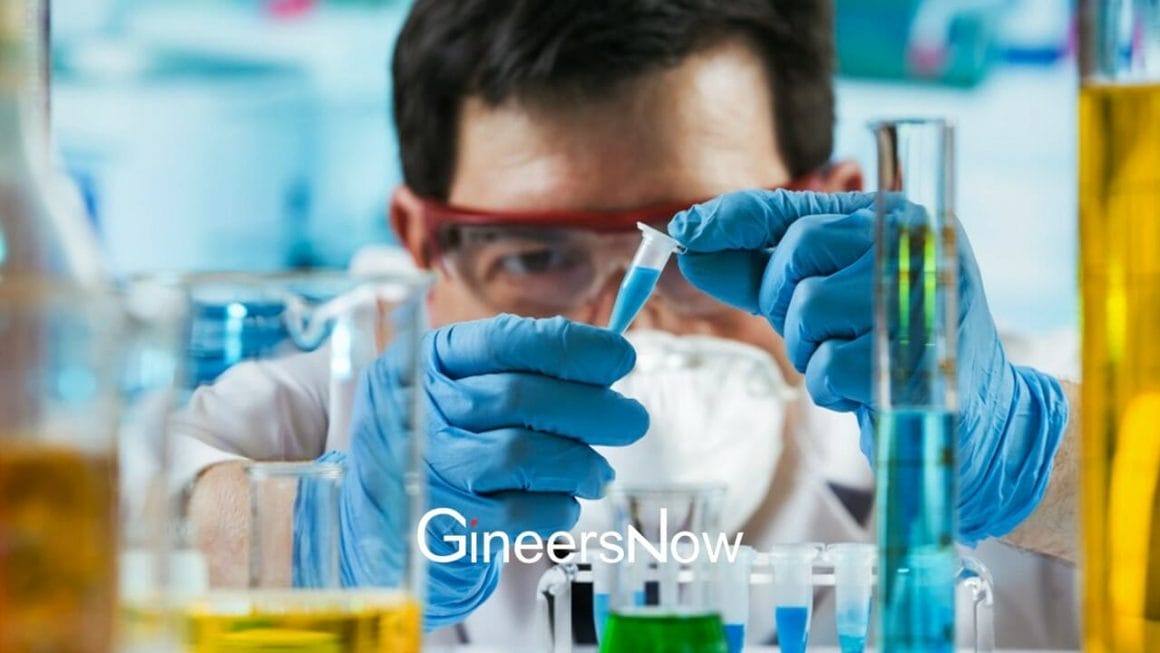
The Career Opportunities Available To Graduates Of A Chemical Engineering Master’s Degree Program
A chemical engineering master’s degree program provides graduates with a wide range of career opportunities. With a degree in chemical engineering, graduates can pursue careers in the traditional chemical industry, as well as in the environmental and energy industries.
Graduates of a chemical engineering master’s degree program can find careers in the traditional chemical industry working in research and development, production, quality control, and management.
In the environmental industry, they may work in pollution control and waste management. In the energy sector, they may work in alternative energy sources such as solar and wind power. With a master’s degree in chemical engineering, graduates can pursue many different types of careers depending on their interests and goals.
The possibilities are endless for those with a passion for chemistry and engineering.

What Does A Chemical Engineering Master’s Degree Entail?
A chemical engineering master’s degree is a post-graduate degree course that entails the study of how to design and operate chemical plants. It also involves the study of how to develop new chemicals and products.
The program typically takes four years to complete, although some students may choose to take a longer time to complete their studies.

The Basics: What Are The Prerequisites For A Chemical Engineering Master’s Degree?
There are many reasons to pursue a chemical engineering master’s degree. Perhaps you want to gain research experience or move into management. Maybe you didn’t get the grades you wanted for your first degree, or you want to change your career direction.
Whatever your reasons, if you’re considering a master’s in chemical engineering, it’s important to know the basics of what the course entails. A master’s in chemical engineering is a challenging and demanding course. It builds on the knowledge and skills gained in an undergraduate degree, and takes students to the next level of expertise.
The course is usually two years long, and full-time students will take classes and conduct research for their thesis. To be eligible for a master’s in chemical engineering, most universities will require students to have an undergraduate degree in chemical engineering or a related field such as chemistry or physics.

In-depth Look: What Will You Learn In A Chemical Engineering Master’s Program?
A chemical engineering master’s program provides students with advanced knowledge in the field of chemical engineering. Students will learn about a variety of topics, including thermodynamics, fluid mechanics, and reaction kinetics.
In addition, students will also gain practical experience through laboratory work and research projects. A chemical engineering master’s program provides students with the skills and knowledge necessary to pursue a career in this field.

Pros And Cons: Is A Chemical Engineering Master’s Course Worth It?
A chemical engineering master’s course is a postgraduate level course that builds on the skills and knowledge learned during an undergraduate degree in chemical engineering. The aim of the course is to provide students with advanced theoretical and practical training in the field of chemical engineering.
There are many benefits to undertaking a chemical engineering master’s course. The most obvious benefit is that it will enhance your career prospects and earning potential.
Another benefit of undertaking a chemical engineering master’s degree course is that it will allow you to deepen your knowledge of the subject and gain specialist skills.
During the course, you will have the opportunity to study advanced topics such as process design, reactor design, and process control. You will also gain practical experience through laboratory work and industrial placements.

The Job Market: Career Prospects With A Chemical Engineering Master’s Degree
A career in chemical engineering is very rewarding. With a chemical engineering master’s degree, you can find employment in a variety of industries, including the pharmaceutical and oil & gas industries.
The job market for chemical engineers is expected to grow at a rate of 4% from 2016 to 2026, according to the Bureau of Labor Statistics. This growth rate is about average when compared to other occupations.
With a master’s degree in chemical engineering, you will be able to apply for senior positions within the following industries:
- Chemicals industry
- Processing industry
- Oil and gas industry
- Petroleum industry
- Food and beverage industry
- Agriculture industry
- A career in academia or research
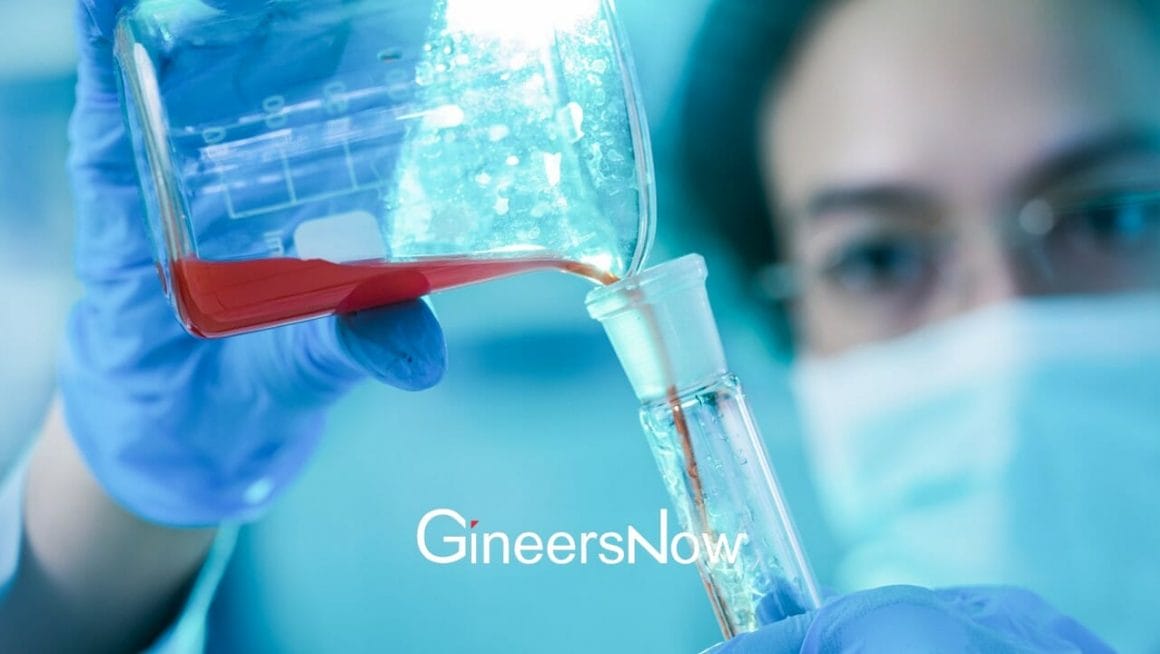
Chemical Engineering Master’s Degree Admission Requirements: What Do You Need To Get In?
Most programs require the GRE General Test for admission to a graduate chemical engineering program.
In addition to the GRE, many programs also require the Chemistry Subject Test. The minimum GPA for admission to most programs is 3.0 on a 4.0 scale, although some programs may be more selective.
Programs often require coursework in mathematics (including calculus and differential equations), physics, and chemistry.
In addition, most programs require courses in thermodynamics, transport phenomena, and reactor design. Some programs also require courses in environmental engineering or materials science.
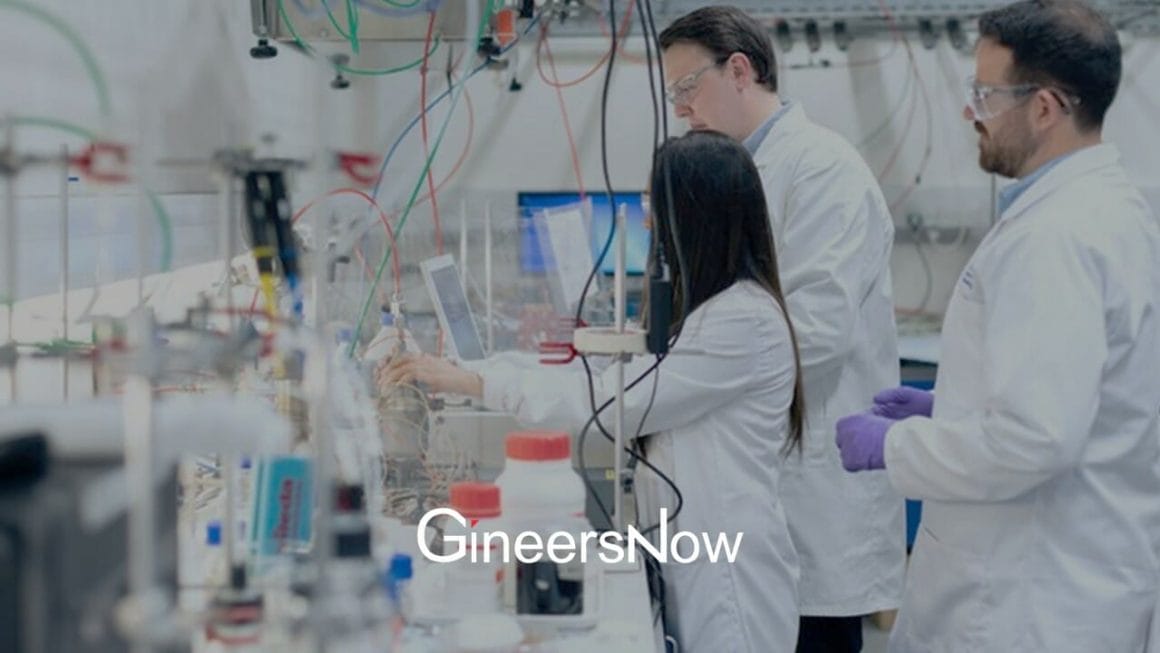
Chemical Engineering Master’s Degree Curriculum: What Courses Will You Take?
A typical chemical engineering master’s degree curriculum will include a mix of advanced engineering courses and chemistry courses. In the first semester, students will take classes in thermodynamics, fluid mechanics, and mass transfer.
They will also take a class in organic chemistry. In the second semester, students will take classes in heat transfer, reactor design, and process control. They will also take an advanced class in organic chemistry.
During their final semester, students will complete a master’s thesis or research project.
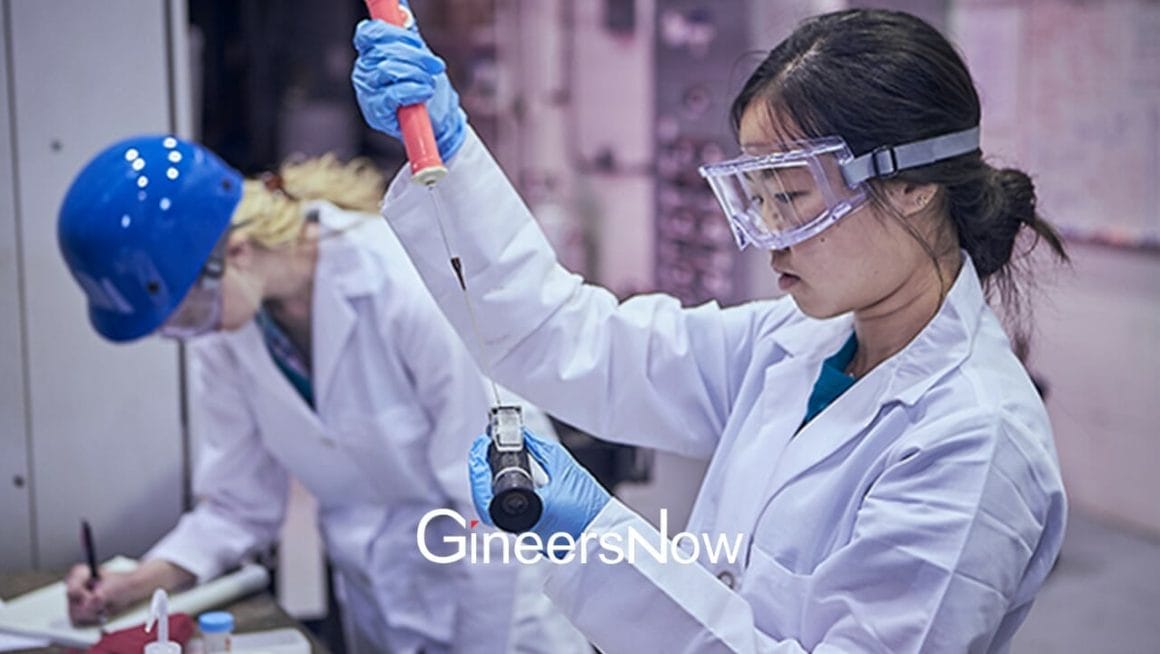
List of Universities and Colleges in the United States that are Offering Chemical Engineering Master’s Degree
There are many schools in the United States that offer a chemical engineering master’s degree. The most prominent schools that offer this degree are:
| University or College Name | Estimated Tuition Fee |
| Massachusetts Institute of Technology | 63,336 |
| Stanford University | 114,442 |
| University of California- Los Angeles | 63,898 |
| University of Wisconsin-Madison | 53,702 |
| University of Minnesota- Twin Cities | 52,824 |
| Cornell University | 58,808 |
| University of Michigan- Ann Arbor | 65,886 |
| University of Pennsylvania | 56,786 |
| Pennsylvania State University | 38,466 |
| University of Delaware | 66,680 |
| Carnegie Mellon University | 97000 |
| University Of California- San Diego | 22,884 |
| University of Illinois-Urbana Champaign | 54,648 |
| Michigan State University | 56,560 |
| University of California- Berkeley | 60,218 |
| Northwestern University | 54,559 |
Each of these schools has different requirements for its program, so it is important to research each one thoroughly before applying. A chemical engineering master’s degree can lead to a career in many different industries. Some of the most common industries that employ chemical engineers are:
- petroleum industry
- pharmaceutical industry
- food and beverage industry
- environmental engineering
- research and development
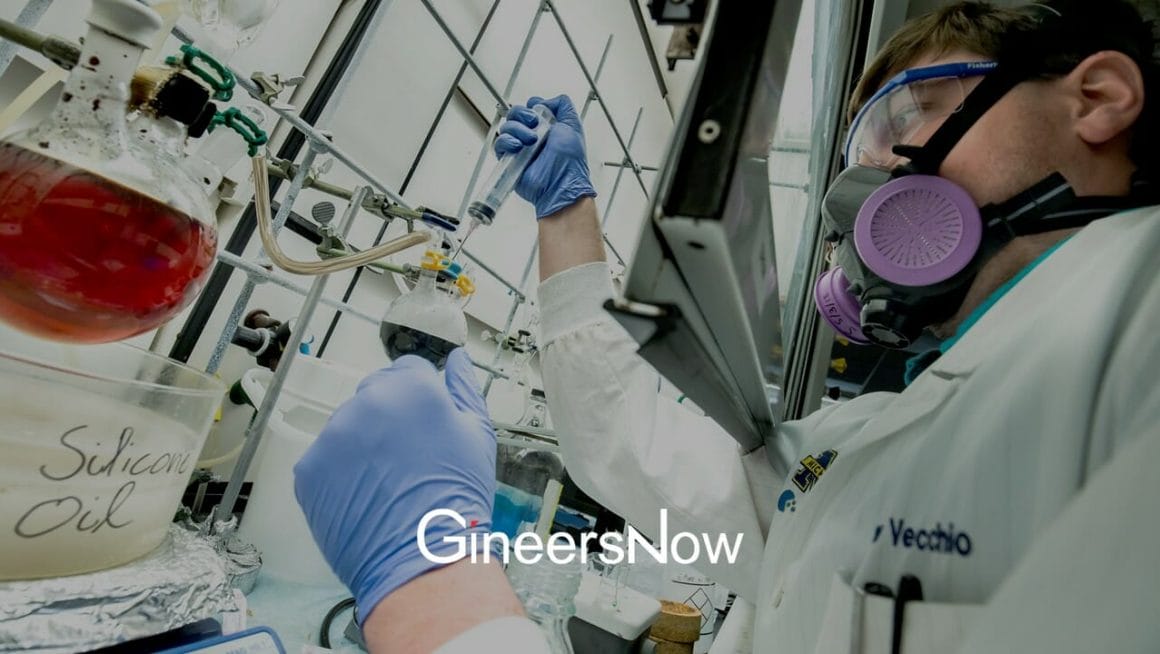
The Future of Chemical Engineering
It is undeniable that chemical engineering has played a significant role in improving our quality of life. From the production of pharmaceuticals to the development of novel materials, chemical engineers have contributed immensely to society. However, with the ever-changing landscape of the 21st century, it is important for chemical engineers to stay ahead of the curve. One way to do this is by pursuing a chemical engineering master’s degree.
A chemical engineering master’s degree will equip students with the knowledge and skills necessary to meet the challenges of the future. With an ever-growing global population and dwindling resources, it is crucial that we find more efficient ways to produce and utilize chemicals.
A master’s degree in chemical engineering will provide students with the tools they need to develop innovative solutions to these problems.
Read GineersNow Magazine for Free
Conclusion: Should You Get A Chemical Engineering Master’s Degree?
A chemical engineering master’s degree course can provide you with the advanced knowledge and skills necessary to pursue a successful career in chemical engineering. The course can also help you to develop your research and analytical abilities, as well as your ability to communicate effectively with other professionals. If you are considering a career in chemical engineering, then a master’s course may be the right choice for you. The course will provide you with the skills and knowledge necessary to pursue a successful career in this field.
Click below to read the magazine
Click here to download the magazine
Click here to read on Yumpu



